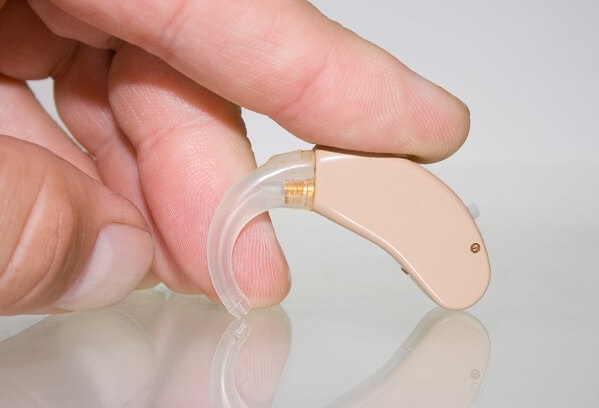
In the 20 years since the introduction of the first digital sound processing hearing aids (DSP) in 1996, the technology available for treating hearing loss has changed dramatically. Prior to the introduction of DSP, hearing aids were more or less volume controls, making all sounds louder. Unfortunately, the majority of individuals that experience hearing loss do not have what we refer to as “a flat hearing loss” – which would benefit from analog amplification. Most have a hearing loss where some sounds are heard more easily than others. If you simply increase the volume and make all sounds louder, speech will not necessarily be made clearer, and in fact, may be distorted.
DSP technology has allowed hearing specialists to “customize” the sounds that hearing devices produce to match the individual’s hearing loss. Sounds that need to be made louder are amplified, while loud sounds are given little or no amplification. In essence, the beauty of DSP hearing aids is that they can be matched to an individual’s specific hearing needs. As those needs change, the hearing devices can be adjusted accordingly.
When individuals are initially fit with hearing devices, they will hear sounds which they have forgotten existed (e.g., refrigerators humming, computer motors, and fans blowing). They are going from a “silent world” - to one where they are almost experiencing “sensory overload.” Over time, these individuals will learn to ignore sounds that are not important, and will be able to focus on speech – and the new technology assists in minimizing the unwanted noises through digital noise reduction.
These new developments in DSP technology have improved the ability to hear in noise, such as sitting in a café with friends, dishes rattling, background conversation noise, and even reduction of wind noise while playing golf or hiking These are but a few of the new features available in digital sound processing hearing aids.
Editor’s Note:Carolyn Jaret, MS, CCC-A is an audiologist and owner of El Dorado Audiology in Tucson. More information can be found at www.ElDoradoAudiology.com


Comments